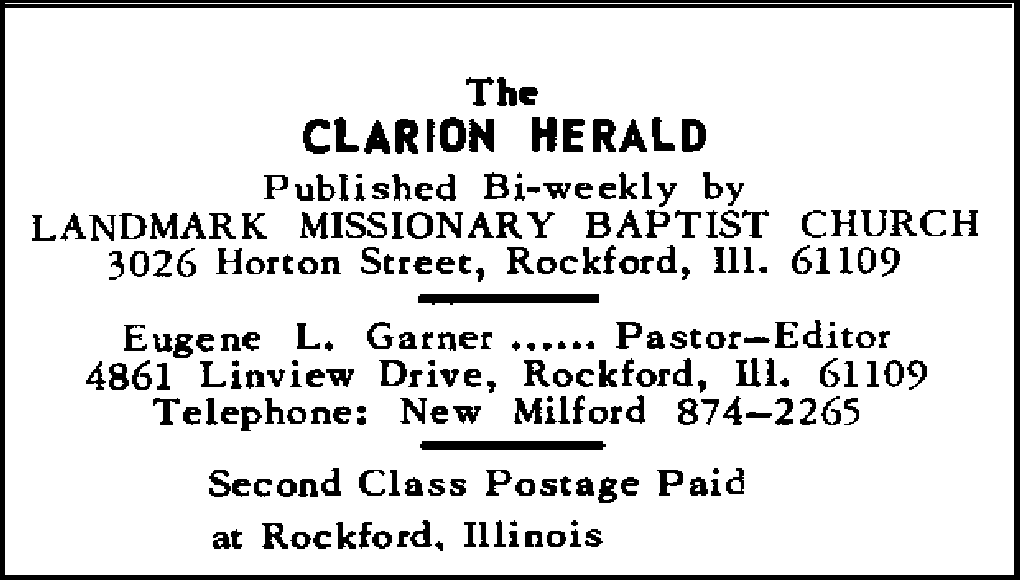The words of Jesus to His twelve apostles were not always addressed to them as "individuals"; He sometimes addressed them representatively. This may be illustrated by the Great Commission and by His words at the institution of the Lord's Supper, (Matt. 25:18-20; Lk. 22:19-20; I Cor. 11:24-26).
It was not possible that the Twelve should fulfil either of these commands. They were all men -- appointed unto death, (Heb. 9:27). They would not live "unto the consummation of the age"; nor would they be permitted to continue among the living unto the Second Coming of their Lord. Jesus Himself had repeatedly warned them of certain rejection and death -- both theirs and His. And the New Testament no-where gives the slightest hint that Jesus ever intended to perpetuate His New Covenant purpose through a "succession" of apostles.
The real question is: "Of what were the apostles REPRESENTATIVE?" of Israel, as a nation? or of the New Testament church which Jesus had already set in motion?
In Matthew 13:10-17 Jesus very clearly distinguishes between the




